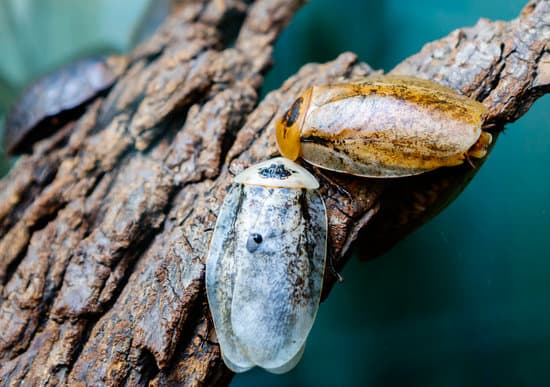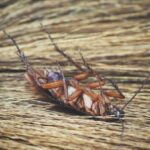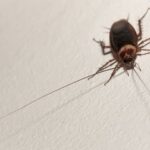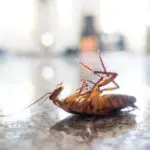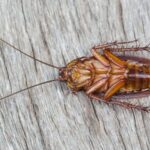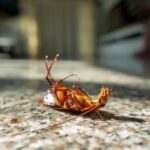Why Are Cockroaches So Resilient?
Cockroaches are amazingly resilient creatures. They can withstand pressure of 900 times their body weight. Their specialized physiology makes them highly resistant to pesticides. They also have open circulatory systems and are able to breathe through holes in their body segments.
One theory suggests that the resilience of cockroaches is due to their ability to squeeze themselves into cracks and rock surfaces, which protects them from the heat of impact. Cockroaches are omnivorous, feeding on fallen fruit, carcasses and other smaller animals. They can also digest clothing and cardboard.
Cockroaches can survive in dirty and wet environments. They have a high sense of smell and a highly developed immune system. These traits help them survive in environments that would kill other animals. Cockroaches’ genes help them detoxify potentially harmful foods. Moreover, their gut bacteria kill fungi and microbes. Hence, cockroaches are incredibly resilient and can survive even for long periods of time without food.
Cockroaches are able to evolve resistance to various types of pesticides and antibiotics. This means that if one insecticide causes a cockroach to die, the next will be resistant to it, enabling cockroaches to survive in a variety of environments.
Cockroaches’ strong exoskeletons allow them to live without their heads for long periods of time. They do not require a head for breathing and can survive for weeks without food. As a result, they have a high resilience to predators and can even hide for several months without a head.
